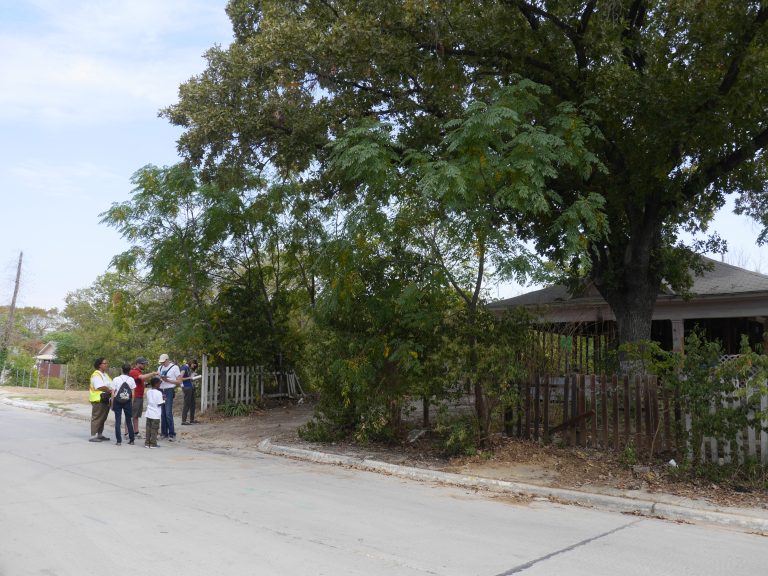Landscape Architecture Faculty Research Recognized with ASLA Honor Award
Landscape architecture and social justice sound like an odd match.

But the two ideas are not mutually incompatible, according to Isaac Cohen, an Assistant Professor in Auburn’s School of Architecture, Planning and Landscape Architecture (APLA). In fact, Cohen’s research project demonstrating the effect of one upon the other, “Race and the Control of Public Parks,” was recently recognized with a National Honor Award for Research by the American Society of Landscape Architects.
The winning project used a century-long historical analysis of the public park system in Dallas, Texas, to uncover the physical and psychological ways in which public landscapes and the works of landscape architects have segregated urban spaces. It also suggests ways to better avoid these design practices in the future.
Overlaying the mapping of demographic data with the development of the public park system and incidents of segregation and violence, Cohen’s research traces a clear link between the social and economic processes of racial injustice and the process of Dallas park design and urban development.
The ongoing project represents more than a decade of work by Cohen that began when he was working with buildingcommunityWORKSHOP, a Texas-based non-profit community design center seeking to improve the livability and viability of communities through thoughtful design.
“The project was originally presented as an exhibition open to the public, staged in a public park,” Cohen said. “Beginning in the non-profit setting, as opposed to traditional professional practice, allowed the work to ask critical questions and challenge traditional notions of goodness and what a just built environment looks like. It also allowed us to present the facts of racial segregation and its relationship to park making and use.
Despite the majority of the project focusing backwards as an historical analysis, Cohen emphasizes the project’s forward-looking approach, intended to directly influence all aspects of landscape architecture in the future.
“The work challenges the belief of many landscape architects that our public works are good for and accessible to all,” he continued. “It is a call to action to review our work for its negative impacts on communities and to create a framework to evaluate the potential future impacts of parks.”
Cohen also uses the project in his teaching, both to urge his students to think about the deeper social implications of their work as well as to show there is much more to the Landscape Architecture curriculum than learning to design beautiful and ecologically resilient landscapes.
“In teaching, the research helps me frame the practice of Landscape Architecture in its historical context and show the ways that, as a profession, we have been complicit in harm done to communities while at the same time being able to create spaces within communities that bring joy, health, beauty and vibrancy,” Cohen concluded.
“The project brings to bear tools that identify in specific terms what past harms, physical and social, we must unbuild and reimagine in order to create more just built environments for all.”
See more in:
Faculty Recognition,
Faculty Work,
Industry Recognition,
Research
Related people:
Isaac Cohen